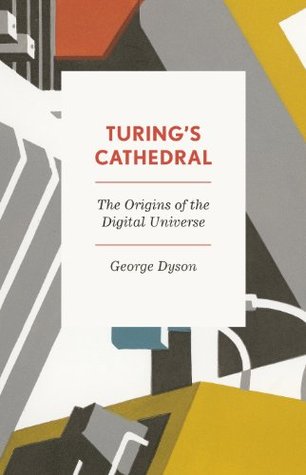More on this book
Community
Kindle Notes & Highlights
by
George Dyson
Read between
May 23 - May 31, 2020
Vladimir Zworykin died in 1982, working on biomedical applications of electronics and discouraged that television, the invention he had the highest hopes for, had been so misused. After their abortive venture with the Selectron, RCA never again took a decisive lead in digital computing, devoting their resources to commercial television and to their broadcasting spinoff, NBC.
Norbert Wiener died of cardiac arrest on a visit to Stockholm in 1964. Disillusioned over military ambitions in general and the use of nuclear weapons against civilians in particular, the founder of Cybernetics had begun speaking out against military-sponsored research. “Machines can and do transcend some of the limitations of their designers,” he warned in the pages of Time magazine.
“This means that although they are theoretically subject to human criticism, such criticism may be ineffective.” The author of Extrapolation, Interpolation, and Smoothing of Stationary Time Series saw that ever-faster machines would inevitably leave human beings behind. “By the very slowness of our human activities, our effective control of our machines may be nullified,” he added, citing computer-controlled nuclear weapons and computer-controlled manipulation of the stock market as two of the ways that power was being relinquished to the machines.
“Science thrives on openness,” he reflected in 1981, “but during World War II we were obliged to put secrecy practices into effect. After the war, the question of secrecy was reconsidered … but the practice of classification continued; it was our ‘security,’ whether it worked or failed…. The limitations we impose on ourselves by restricting information are far greater than any advantage others could gain.”
First-generation electronic computers fostered first-generation nuclear weapons, and next-generation computers fostered next-generation nuclear weapons, a cycle that culminated in the Internet, the microprocessor, and the multiple-warhead ICBM.


